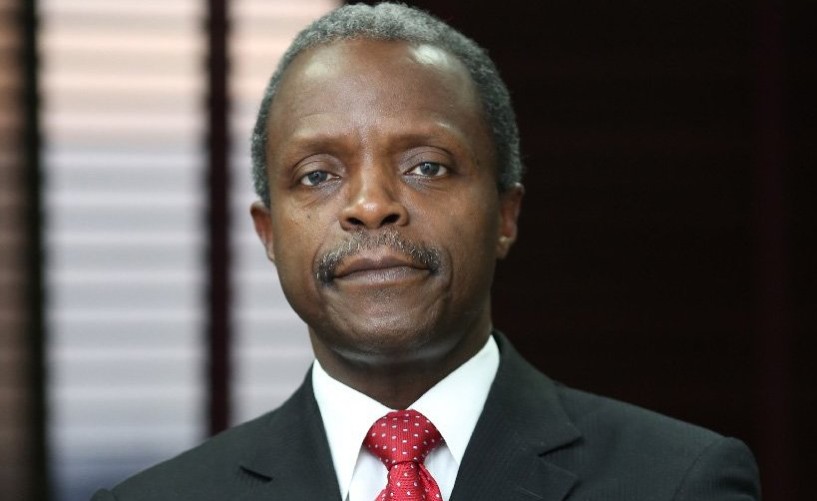Reforms will save MSMEs ₦2.6bn in annual business registration

The Federal Government is targeting an annual savings of ₦2.6bn for Micro, Small and Medium Enterprises in registration costs to start their businesses.
The move is part of measures to improve the business environment and make Nigeria an easier place for businesses to thrive.
Details of the savings are contained in the Executive Order, which was signed last week by Acting President Yemi Osinbajo.
The newly signed executive order is meant to promote transparency and efficiency in the business environment.
According to the details, it is also designed to facilitate the ease of doing business in the country; timely submission of annual budgetary estimates by all agencies and support for local content in public procurement by the Federal Government.
Through the reform agenda of the Federal Government in the area of ease of doing business, about 60 action plans have been mapped out to reposition the business climate and make it friendlier to investors.
For instance, in the area of starting a business, the government has directed the Corporate Affairs Commission to commence full online application process, as well as eliminate the need to hire a lawyer to register a business.
In addition, the number of days required to register a business has now been reduced from 10 to two.
These reforms, according to the action plan is expected to save the MSMEs about ₦2.6bn in business registration costs annually and reduce the time it would take to travel to the CAC to perfect business registration by 116,000 minutes daily.
The Minister of Industry, Trade and Investment, Dr. Okechukwu Enelamah said that there was a lot at stake for the MSMEs, adding that the reforms, if effectively implemented, would increase Nigeria’s rating in the ease of doing business index by 20 places.
In its 2016 report for Nigeria on the Ease of Doing Business, the World Bank said the country ranked 169 out of 189 countries surveyed.
The minister said, “Going forward, we need to accelerate reforms across ministries, department and agencies of government.
“Nigeria’s operating environment is not unique; we have a great opportunity to foster the right enabling environment to deliver on Nigeria of our dreams.
“The task of improving the operating business environment requires continuous improvement. Joint ownership, better coordination and increased collaboration between the MDAs are the keys to achieving our objectives.”
Meanwhile, the international advertising agency, TBWA Worldwide has advised small businesses in Nigeria to adopt branding and marketing techniques to grow in order to avoid collapse.
The Managing Director, TBWA, Mr. Kelechi Nwosu, made this call during the SME breakfast meeting hosted by TBWA Concept in Lagos with the theme “Growing SMEs through Brands and Marketing.”
He advised that the SMEs should endeavour to carve a niche for themselves, adding that they should be branded distinctly as it would urge consumers to go for their products.
He said, “My mission is brands evangelism. It is about how the SMEs will use branding to advance their growth. It is about capturing the market through brand loyalty.
He noted that 96 per cent of businesses in Nigeria were SMEs and they contributed 48 per cent of the country’s Gross Domestic Product.
“The relationship is to see how we can collaborate with Aba SMEs with branding that meets international standards. Aba is the Japan of Africa, the city of hard work,” he said.
Nwosu explained that brand was a bundle of benefit to the owner. He added that purpose, proposition, personality and positioning were required in branding.
He said, “A brand is the memory, the story and the experience the consumer has with you. When people experience your brand, they come up with the preposition that your brand is different. Apple is a success because of its exceptional branding.”
Earlier in his welcome address, the Business Director, TBWA, Mr. Osibo Imhoitsike, stated that the company provided marketing network for global products, adding that teaching the SMEs to drive growth through branding, marketing and social media networks was part of its obligations.
Imhoitsike stated that over 150,000 dressmakers in the country were churning out over 1.5million trendy dresses weekly, while over 30,000 local fabricators were producing industrial equipment daily.









0 Comments